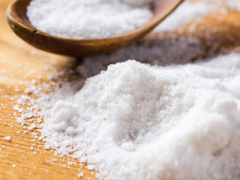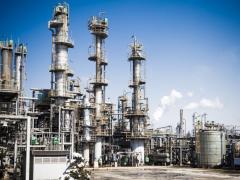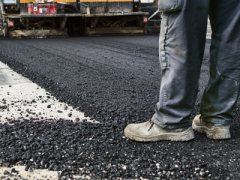Decarbonisation options for the Dordrecht chemical cluster
This report on decarbonisation options for the Dordrecht chemical cluster is part of the MIDDEN project (Manufacturing Industry Decarbonisation Data Exchange Network) initiated by PBL and TNO. The project aims to support industry, policymakers, analysts and the energy sector in their common efforts to achieve deep decarbonisation.
The Dordrecht chemical cluster
This report presents the current situation of the Dordrecht chemical cluster, which is composed by production locations of three different companies: Chemours, DuPont, and Dow. Chemours is dedicated to the production of fluoropolymers and fluoroelastomers, DuPont produces polyoxymethylene, and Dow produces copolymers of ethylene.
The vast majority of the emissions of greenhouse gases occurs at Chemours, in the form of fluorinated gases (F-gases), which are man-made gases with a large global warming potential.
Decarbonisation options
The main options for reducing greenhouse gases emissions and energy consumption are:
Chemours
- F-gases: Plasma technology for F-gases destruction, increased efficiency of thermal converter.
- CO2: energy efficiency, electrification, hydrogen, heat pumps, biomass, recycling and CCS.
Dupont
- CO2: electrification, hydrogen, heat pumps, biomass, recycling, CCS/CCU, biobased feedstocks.
Dow
- CO2: hydrogen, recycling, biobased feedstocks.
Authors
Specifications
- Publication title
- Decarbonisation options for the Dordrecht chemical cluster
- Publication date
- 4 January 2021
- Publication type
- Report
- Page count
- 76
- Publication language
- English
- Product number
- 4558




